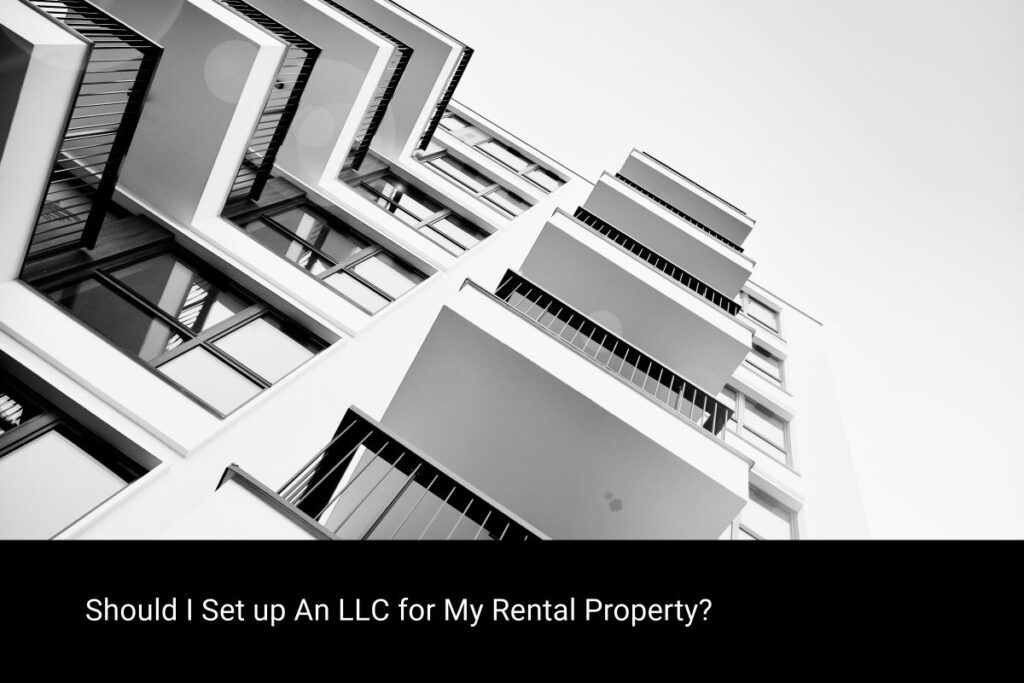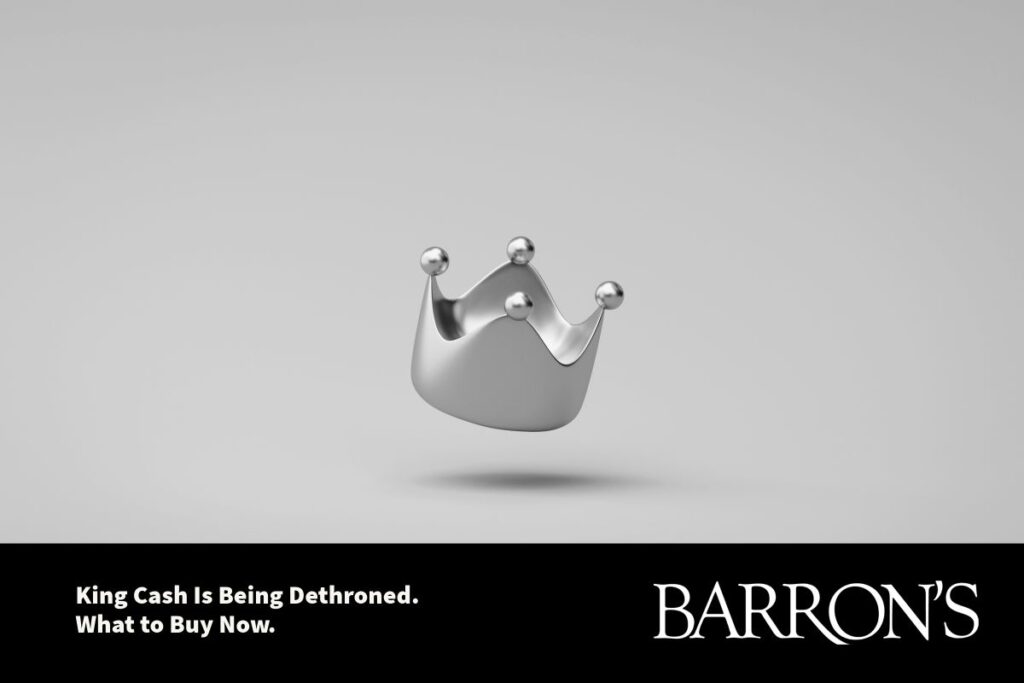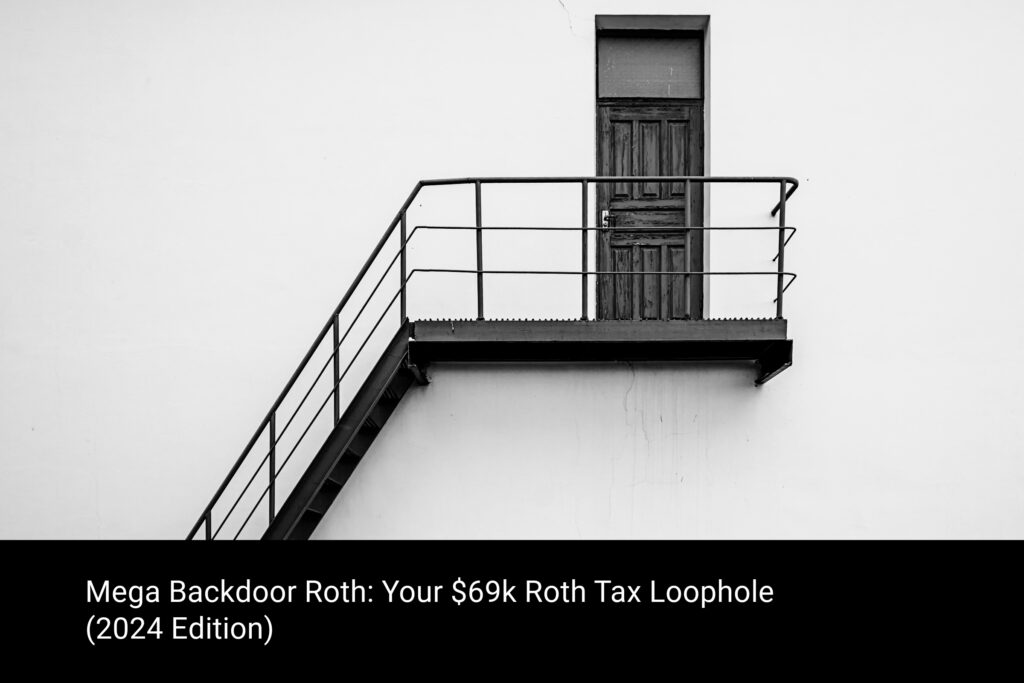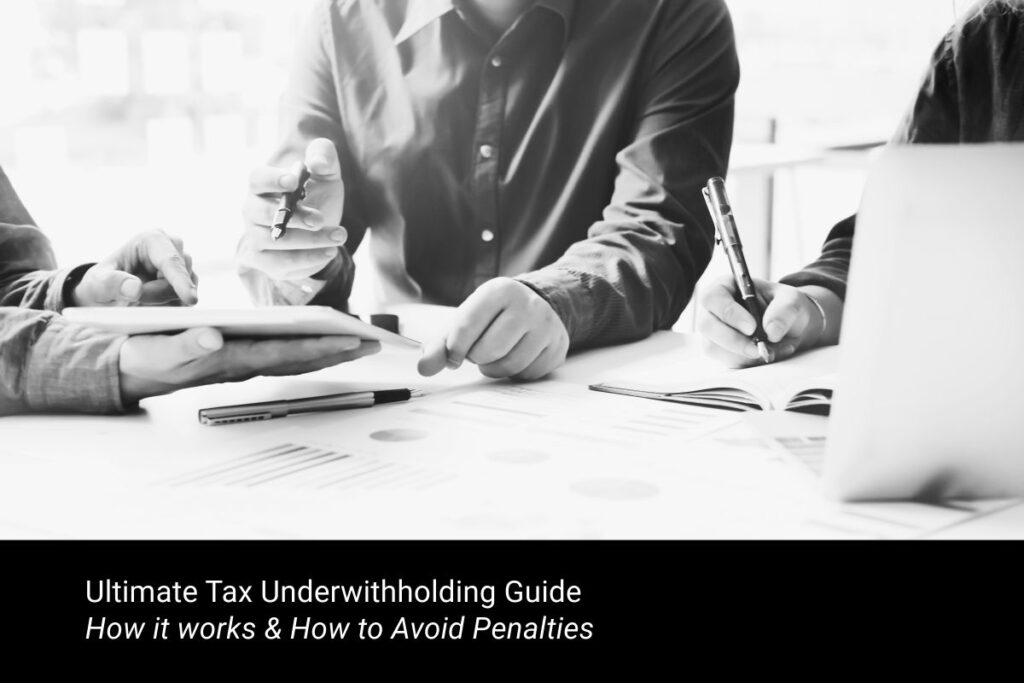Know Your Options When You’ve Left an Employer-Sponsored Retirement Plan
If you have recently left your job – or you have left a job in the past – there’s a strong possibility that you have an old 401(k) or another employer-sponsored retirement plan that you need to make some decisions about. Believe it or not, I see plenty of clients who have left a job and have completely forgotten about these types of accounts. It is important that you understand what your options are with your old 401(k) in order to maximize your wealth and keep your finances in order.
Option 1: Cash It Out
The first and most simple option is to cash out the 401(k) account and have a check mailed to you. However, if you elect to take this path:
- You will have a mandatory 20% federal tax withholding.
- You will be subject to ordinary income tax on the state and federal levels.
- If you are below age 59.5, you may be subject to an additional 10% penalty on top of this.
A full distribution of the account, especially before age 59.5, is something we generally advise against here at MDRN Wealth. The tax implications become too steep and you miss out on tax-deferred growth or tax-free growth in the case of a Roth 401(k). Take a look at the example below:
Marcel has $50,000 in a 401(k) from his previous employer. He elects to cash it out. After taxes and penalties, he receives $32,500. Assuming an annual growth rate of 7%:
- In 20 years, the 50k, had he left it in a retirement account, is worth $193,484.
- In 20 years, the $32,500 he received after taxes is worth $125,764.
We also need to consider the fact that, once the cash is growing outside of a retirement account like a brokerage account, it will be subject to taxes like capital gains that may further reduce that number.
Option 2: Leave Your 401(k) in the Current Plan
Another option that you can pursue is leaving your 401(k) in your current plan. If you like the plan and the menu of investment choices it offers, this could be a smart choice. In addition to this, if you have employer stock with net unrealized appreciation (NUA), you can preserve your right to potentially use this by leaving the plan where it is.
Option 3: Roll it into Your New Plan
If you have a new 401(k) with your current job and you also have an old 401(k) floating around out there, most plans will allow you to consolidate the old one into your new one. There are generally no tax implications associated with this option. Again, be aware of any NUA you may have and the features/cost of the plans.
Option 4: Roll it into an IRA
Regarding investment flexibility, the rollover IRA option generally gives you access to the biggest investment toolbox. If you roll your 401(k) out into an IRA, there are generally no tax implications. In addition, your earnings continue to grow tax-deferred or tax-free. Once you’re in an IRA, you’ll have virtually the entire investment universe at your disposal – for better or worse. You are no longer confined to the select investment menu in your 401(k) plan, and you’ll likely have access to thousands of strategies, funds, asset classes, etc.
Related Reading:

Other Factors to Consider with an Old 401(k):
- For older individuals working past 72, if you have an active 401(k) through work, you may be able to delay RMDs despite being of RMD age. This does not apply to IRAs.
- You may be able to take penalty-free distributions from a current 401(k) or 403(b) plan if you leave your employer in the year you turn 55 or after you turn 55. This does not apply to IRAs.
- IRAs and 401(k)s have different creditor protections.
- If you are keen on Backdoor Roth conversions, rolling an old 401(k) into an IRA will leave you subject to aggregation rules when it comes to conversions.
What Should You Do with Your Old 401(k)?
Ultimately, the path you decide to take will depend on your financial planning needs and circumstances. At MDRN Wealth, we are one of only a handful of firms nationwide that can manage accounts like 401(k)s directly. We offer this because, many times, financial advisors push for a rollover into an IRA so that they can manage it and have it under their custody. We offer this service because we want our clients to keep their 401(k) – old or new – if it makes sense under their financial plan. Your 401(k) can be a powerful strategy to build wealth, and we want to maximize this route as much as possible. If you are looking to learn more about what route you should take, please reach out.
Related Reading:

Important Disclosures
MDRN Wealth LLC does not provide specific legal or tax advice. Please consult with professionals in these areas for specific legal and tax recommendations. The information provided herein is general information. It is not intended to be construed as investment, tax, or legal advice. Information in this article is not an offer or solicitation to purchase, sell, or endorse a specific company, security, investment vehicle or strategy. Investing involves risk and the possible chance for loss of principal. Please consider your tolerance for risk before investing. Past performance is never guaranteed and future results can vary. Opinions conveyed by MDRN Wealth LLC cannot be viewed as an indicator of future performance and are subject to change. Results may vary. Use information at your own risk.











